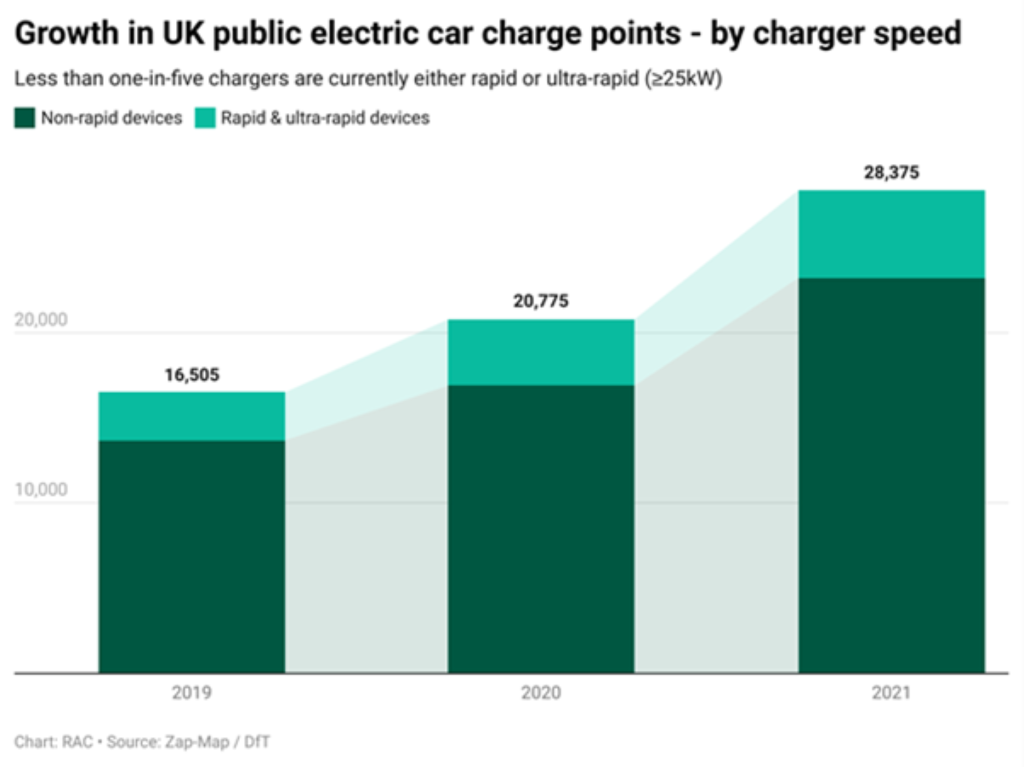Trade Body Calls For Better Car Handovers
Friday, 6. May 2022
I’ve had a few complaints regarding handovers of electric cars. During the pandemic handovers were limited to keep customers and delivery drivers safe but with the increase in highly technical electric cars being delivered customers need a much more detailed handover.
The Association of Fleet Professionals (AFP) has launched a new industry standard for car and van deliveries by dealers.
The voluntary AFP Dealer Standard consists of 28 points covering pre-delivery standards, the condition of the vehicle on handover and familiarisation with its key functions.
Paul Hollick, chair at the AFP, says that the new standard aims to ensure the vehicle is delivered in excellent condition, the driver is shown how it works and treated courteously.
“The need for this kind of benchmark has become apparent over time as a number of factors have emerged,” explained Hollick.
“Probably the most significant is that cars and vans have been rapidly becoming more complex.
“The time when a driver could sit in the seat of a new model and work out all the key functions in a couple of minutes are long gone.
“Modern vehicles require a degree of familiarisation on handover – especially in instances where drivers are adopting an electric model for the first time – in order to be used safely and effectively.”
At the same time, the AFP says the pandemic and supply issues have placed dealers and the logistics sector under considerable pressure, meaning that handover standards have varied considerably.
“What we hope to encourage is a high degree of consistency in important areas such as ensuring that vehicles arrive with a high level of charge,” continued Hollick.
“Dealers can sign up to the Standard for a fee by getting in touch with the AFP and committing to meet its requirements, at which point they also become a member of the organisation.
“They can then use the Dealer Standard logo in marketing materials and tenders to promote their participation in the programme.”
In talking to major dealers as part of the creation of the project, the AFP says there is a high degree of interest.
“They recognise the importance of getting this crucial element of the fleet customer experience right and the first few who have decided to take part should be announced within a few weeks,” said Hollick. By Graham Hill thanks to Fleet News























